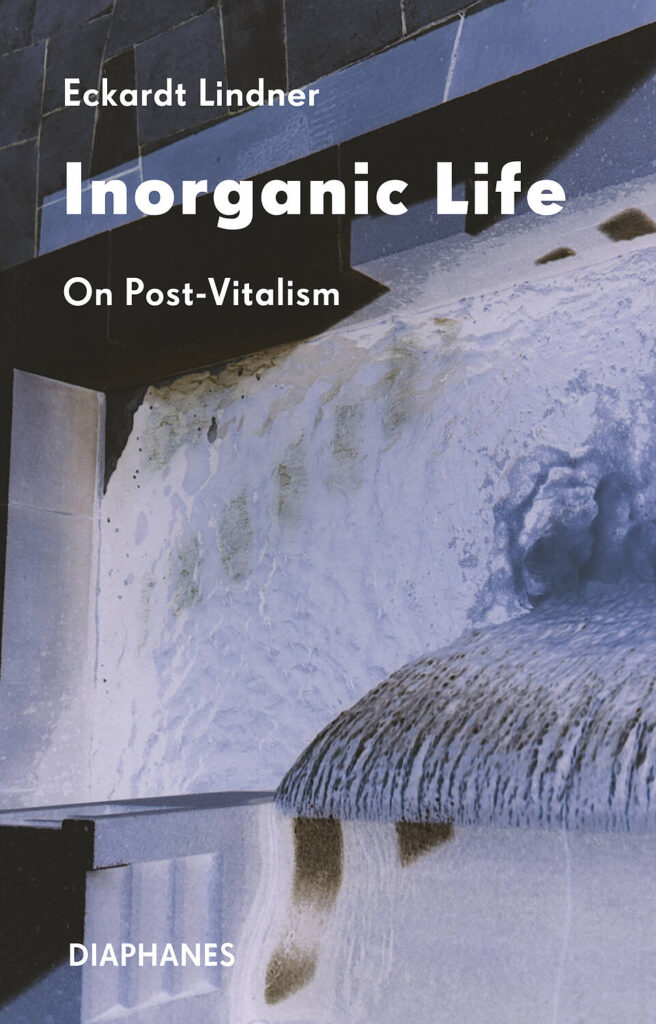The study of inorganic life is actually concerned with the peculiar in/existence of the inorganic. As a conceptual horizon for this discussion, the course of the argument will follow the largely unchallenged presupposition of zonta-centrism, by which is understood here the assumption that living things (hōs zōnta) are different in kind from non-living things, insofar as the former possesses a distinct ontological status and that this status is in a very specific way superior to the latter‘s. From this claim follows the assumption that the organism is the model for, the embodiment of or the pure expression of life itself, because it demonstrates certain characteristics of the living, such as self-organization, unity, reproduction, teleology. Conversely, it is only through the organism’s demonstration of unique capacities which are irreducible to the general mechanical laws that the living can be conceptually determined. Retroactively, this organo-centrism then justifies the assumption of the ontological elevation of life, insofar as the organism is defined by its distinct capacities for self-relation, which translate into specific epistemological registers (e.g. perceiving, feeling), and at their highest efficiency in the human entail the capacity for autonomous action and cognition. Which means that the organism is the epistemological condition of knowledge and truth, and the ontological locus of freedom and morality. Philosophy, being animated itself by these values (truth and morality), whether implicitly or explicitly, thus relies on the organic as its condition.
This does not mean that philosophy has not thought the inorganic, since it has obsessively (or possessively or possessed by it) contemplated things, forces and geological objects in order to ensure the abyssal border between organized teleological living beings and disorganized mechanical dead beings, and so define the organic at its limits. Philosophy, thus, has thought the inorganic only ever in terms of a mode of in/existence. The formulation “in/existence“ invokes both the question of the presence of the inorganic and its curious absence, or even the idea that the mode of existence of the inorganic is a form of double inexistence: as a privative mode of existence in relation to the organic (i.e. as a fundamental lack of organic qualities such as activity, thought or feeling) and as a dialectical inexistence insofar as the inorganic is only for-the-organic or a foreclosed in-itself (even though it is a foreclosure for the organic), but is never a for-itself. These two modes of inexistence, however, hint at the promise of another yet unrealized mode of thinking the inorganic or even of thinking with it.
